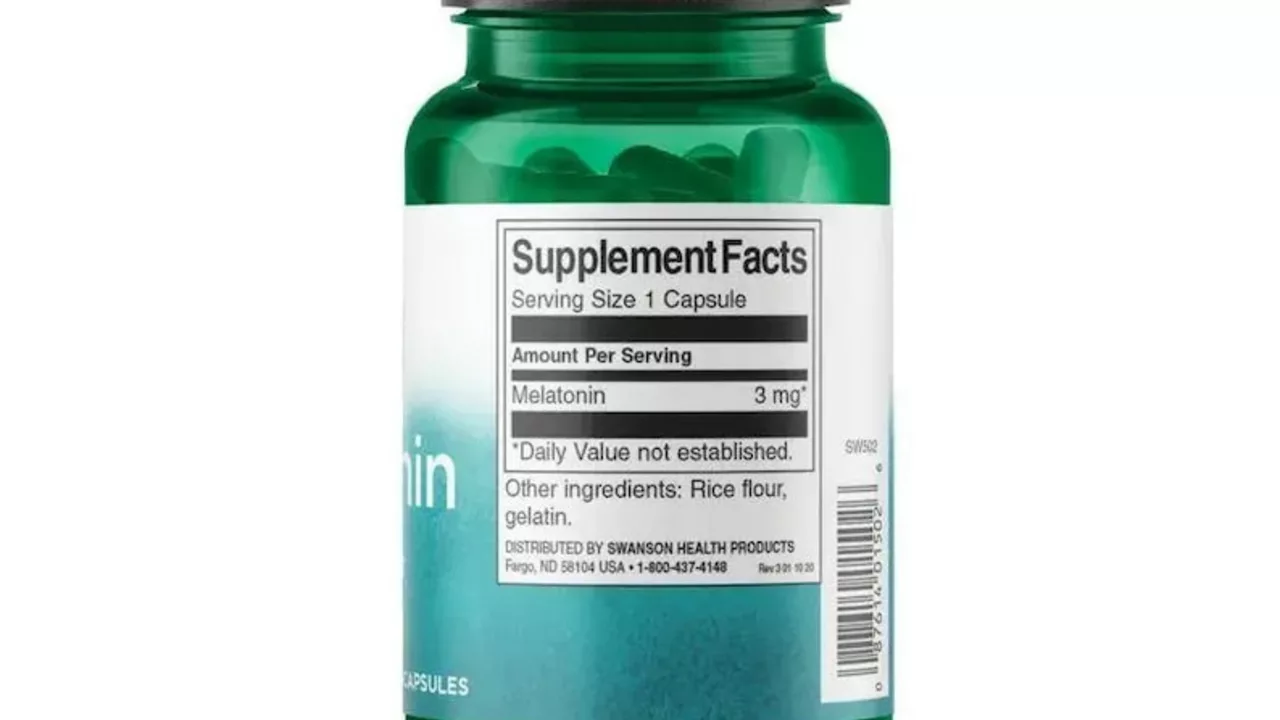Pregnenolone: what it is and why people try it
Want better focus, steadier mood, or more energy? Pregnenolone is a natural hormone your body makes that acts as a building block for other hormones like progesterone, cortisol, and DHEA. It also behaves as a neurosteroid in the brain, so people take it as a supplement hoping to help memory, mental clarity, and fatigue.
What pregnenolone does
Pregnenolone sits at the top of the hormone production chain. Your body converts it into several sex and stress hormones, so changing pregnenolone levels can affect sleep, stress response, and mood. Laboratory studies and small clinical trials report modest improvements in memory and subjective wellbeing for some people, but big, long-term studies are still missing. That means the potential benefit exists, but the evidence isn’t strong enough to call it a proven treatment.
How people use it and typical doses
Supplement forms include oral capsules, sublingual tablets, and topical creams. In the U.S. pregnenolone is often sold as a dietary supplement; other countries may treat it differently. Typical over-the-counter doses range from 5 mg up to 50–100 mg daily. Most users start low (5–10 mg) and increase slowly while watching for changes. If you’re considering higher doses, talk to a clinician who can monitor hormones and symptoms.
Expect to try a low dose for a few weeks to see if you notice clearer thinking, better mood, or less fatigue. If nothing changes, higher doses aren’t guaranteed to help and can cause hormone shifts that lead to side effects.
How to use safely: avoid taking pregnenolone if you are pregnant or breastfeeding. If you have hormone-sensitive conditions (like certain breast, ovarian, or prostate cancers) or are on hormone therapies, don’t start pregnenolone without medical advice. Also tell your doctor about any steroid medications, since pregnenolone can affect overall hormone balance.
Common side effects people report include irritability, acne, changes in sleep, and occasional hair loss. These often come from shifting downstream hormones. If you notice new anxiety, rapid mood swings, or significant skin changes, stop the supplement and check with your provider.
Quality matters. Pick brands that publish third-party testing, list exact milligrams per serving, and avoid vague “proprietary blends.” If possible, buy from a reputable retailer and keep the bottle in a cool, dry place.
Should you test levels? Blood tests can measure pregnenolone and downstream hormones, which helps if you and your clinician are trying to target a specific hormonal imbalance. But testing isn’t required for every user; it’s most useful when symptoms are strong or when you plan longer-term use.
Bottom line: pregnenolone may help some people with memory, mood, or low energy, but solid evidence is limited. Start low, watch for side effects, and involve a healthcare professional if you have health conditions or take other hormone drugs. That keeps things safer and more likely to produce a clear result.

The Many Benefits of Pregnenolone: The Dietary Supplement You Need to Know About
In my latest blog post, I delve into the numerous advantages of Pregnenolone, a dietary supplement you should be aware of. It's a substance our bodies naturally produce, but supplementing can have significant health benefits. From boosting mental function and reducing stress to improving sleep quality and even potentially fighting off age-related diseases, Pregnenolone seems to be the unsung hero. So, if you're looking for a health enhancer, this supplement might just be it. Stay tuned to learn more about how Pregnenolone can benefit your overall health.
read more




